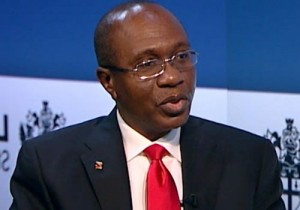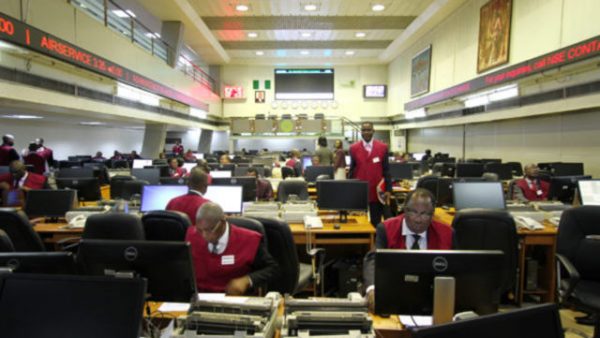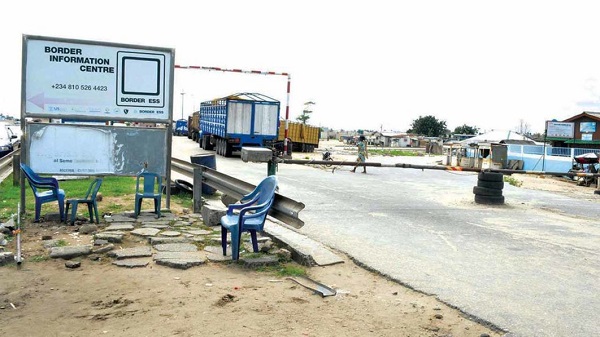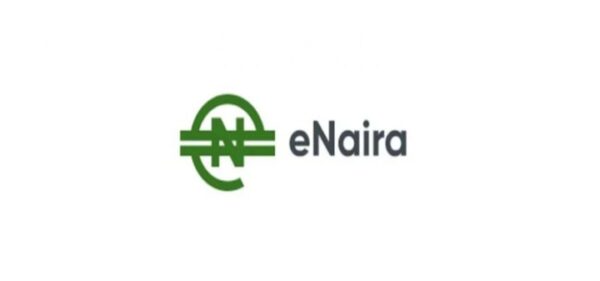It’s illegal to transact business in dollars in Nigeria – Emefiele

As the Central Bank of Nigeria (CBN) struggles to meet demand for dollars in the foreign exchange market, its governor, Mr. Godwin Emefiele, has taken
the well-worn path of his predecessors by declaring that the currency for transacting business in the country remains the naira, warning that it is illegal to carry out transactions using the US dollar.
He said the CBN would in due course go after those who violate the policy.
Addressing journalists in Abuja after the two-day meeting of the Monetary Policy Committee (MPC), he said: “We will be looking at areas where people are making demands for foreign currency; people who are landlords who are asking for rent in dollars; schools that are asking for school fees in dollars or transacting business in dollars.”
He stressed that it is illegal in Nigeria to transact business in foreign currency and advised those involved in the practice to desist from doing so, because the CBN would soon come after them.
Also, the CBN yesterday decided to retain the monetary policy rate (MPR), otherwise known as the interest rate, at 13 per cent as well as banks’ cash reserve requirement (CRR) on private sector deposits at 20 per cent and that of the public sector deposits also at 75 per cent.
Emefiele, who read the committee’s communiqué, said all 11 members unanimously voted to retain the rate, adding that its previous decisions needed time for their effects to fully permeate the economy.
However, he expressed the MPC’s concern over the phenomenon of currency substitution and partial dollarisation in the economy, a development, which he said might have significantly fuelled the high demand for foreign exchange.
Emefiele was emphatic that the naira remained the currency of transactions in the economy and advised commercial banks to take all possible measures to address this development.
He said the committee had also expressed satisfaction with the impact of the decisions taken to harmonise the foreign exchange market.
“As a consequence of those actions, the interbank exchange rate has stabilised after an initial adjustment. The committee, however, expressed concern about the wide divergence between the interbank and the bureau-de-change exchange rates, which provides an avenue for arbitrage and speculative activities in the market.
“The committee also expressed concern about the outlook for growth, which had moderated partly due to the effects of low oil prices, naira exchange rate depreciation, and election-related concerns,” he said.
Emefiele, nonetheless, said the CBN remained optimistic that the situation would improve once the elections are successfully conducted with the expected improvement in business confidence.
While refuting rumours that the central bank had prioritised foreign exchange sales to foreign investors, the CBN governor said: “There’s nothing like prioritising sale to foreign investors. CBN sells foreign exchange through intervention on a daily basis or as it deems it fit.
“It sells foreign exchange to people who have effective demand. But what we have done consistently is to make sure that we abide by our promise to foreign investors that there is free entry and free exit out of the (Nigerian) market.
“That if they do decide to come in and invest in Nigeria and whenever they do decide that they want to exit the market, that they should be unhindered.
“There should be unhindered access for them for foreign exchange so they can exit when they do decide to exit. We’ve tried as much as possible and I know that the demand coming from foreign investors has been met. But I don’t really think that amounts to prioritisation. It’s just that we want to make sure that they are happy and because of the promise that was made at the time they invested in the country.”
On what the CBN was doing to remedy the concerns raised by JP Morgan over liquidity in the market, he said: “Let me continue to repeat myself that the CBN remains committed to remaining on the JP Morgan index.
“The JP Morgan team has already told us what we need to do, and that is that we need to deepen the market, increase the level of transparency and liquidity in the market.
“We do not have to meet with them or talk with them once they’ve made clear the criteria that they want us to meet. We’ve done a lot and there’s been a lot of liquidity that’s been injected and we believe the market is sufficiently deep today to the extent that all the demand is met in the market.
“In the area of transparency, part of the transparency is the closure of the official foreign exchange market. We did that to remove the rent seeking activities or opportunities for people who wanted to take advantage of the vulnerabilities in the foreign exchange market.
“We took that bold move and I am happy that it was a statement that showed we are transparent in our dealings. All foreign exchange transactions that are transacted today within the interbank market are recorded on the Reuters terminal for the world to see, and we believe that with this action that has been taken, the JP Morgan team will in due course remove Nigeria from the watch list.”
Commenting further on the activities of bureau de change operators and outlook for the naira, he said: “I’ll like to say that that remains a shallow market compared to the interbank market in terms of percentage in the foreign exchange market.
“But it is in my view very insignificant and that market mainly deals in translations that are not documented. For that reason, we would not be looking at the outlook for the naira by looking at the bureau de change rate. But what is the rate at the interbank market?
“I believe given the pressure that we have seen in the market as a result of the drop in crude prices, and the pressure that has come with it, adjusting the currency at the level it is right now at N198 to the dollar, I will say is okay and sufficiently appropriate.
“But I think a number of actions that would be taken going forward is one: deepen the market, improve supply into the market, and look at areas where demand pressure can be cut or demand inefficiency can be cut.”
Emefiele stated that the country’s foreign reserves currently stood at $30 billion, and “given the pressures and vulnerabilities that we have seen in the last couple of weeks, I think it is still a good level of reserves and can support at least close to about five to six months of imports and we believe this is still good enough to support businesses and the Nigerian economy”.
On interest rates, he noted that the stance of the central bank remained tight, adding: “We will continue to monitor liquidity in the system particularly during this election season. In the course of time, the CBN would be taking certain actions.
“We don’t know what it would be, but it depends on the size of the liquidity and the rate at which people use liquidity to target the real sector of the economy or they use it for what I call the unholy attitude of attacking the currency.
“Depending on the direction we see people begin to move, we would react appropriately but I think the interest rate outlook for now remains tight.”







